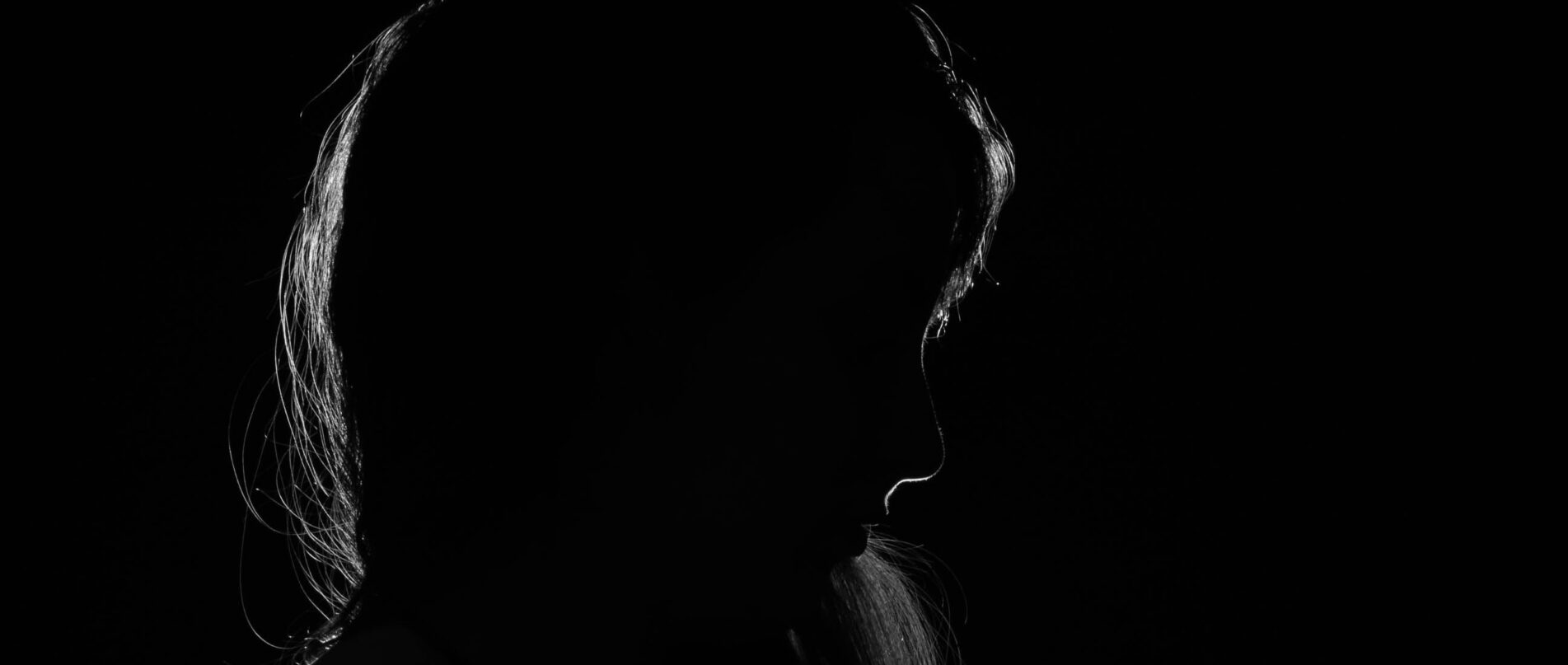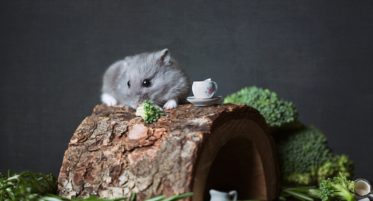
Prompt Images
More Than Our Ends: A reflection on sisterhood, addiction, and loss – PART II
The following is a true story about love, and loss, and how the emotional rollercoaster of addiction affects so many. We are deeply humbled by the opportunity to share such a personal story from one of The Prompt community’s most prolific and beloved writers, Sarah Razner.
The story has been broken into five parts, which will be posted each day this week, to honor Jenna Razner. Read the prior installments here: Part I. On Friday, we will also post the story in full.
Eventually, our family realized that drinking and anxiety had become linked for Jenna.
She was 27, and I was 18, when we first discovered empty bottles of alcohol in her home. I’ll admit, I didn’t take it as seriously as I should’ve at the time. Although I had family members who had fought the disease, and some who had lost their fight, I hadn’t seen it firsthand and didn’t understand that what I was looking at wasn’t something that should be laughed off with a casual remark, like, “looks like someone’s had a little too much to drink.”
The laughter was short-lived. The bottles became easier to find, appearing in greater quantities. Quickly what started as a weekend activity ate its way into the work week with binges starting on Thursdays, some of which lasted into Monday. We discovered she had tells for if she was drinking—a slip of a word, a glassy stare—and could quickly determine if she had been drinking or not. The smell of alcohol became a commonly recognized scent, and whenever I got a whiff of anything smelling vaguely like it, I automatically tensed and felt nauseous.
My family and I came to dread the end of the week as the pattern laid itself out: drinking, fighting, crying, praying, begging, drinking, fighting, crying, praying, begging, again and again and again.
What Jenna had hid for so long became more and more evident to those close to her. Her relationships began to deteriorate, friends falling away as they couldn’t handle it, family falling apart as we wanted to help, but in the moments we couldn’t, wished we could escape. We couldn’t do that either, not while one of us remained in hell.
I can viscerally remember the yelling over the fate of the bottle—to dump or not to dump—and fearing for Jenna’s fate when she chose the latter over food, sense, and what felt like us. Every weekend, we stood in the doorway of her room, watching her sleep, listening to her breaths to make sure they were present. My mom later told me that as she held vigil at the foot of Jenna’s bed, she would plan Jenna’s funeral, just to be prepared.
At night, we slept cautiously, attuned to the creak of any door hinge or floorboard.
Drained of energy and at our wits end, we cried with each other and on our own, wondering how this had happened, pleading with Jenna and with God for her to get better.
Fear took up a permanent residence in our bodies, and I wished it could be just a brief tenant in Jenna’s, as if that could change what was happening. We begged her to see the threat that was right in front of her, to understand that every drink she took was another step towards death, but she dismissed it. To calm the nerves within her, she kicked into hyperdrive to convince us the only way for her to survive was to drink, relaying us the message her brain had told her. To describe it as frustrating would be putting it mildly, and I am sure Jenna felt the same way.
What I failed to understand then and for many years is that addiction isn’t a disease of logic.
Just the opposite. It disposes of all reason, rerouting the brain’s pathways to focus on the need for pleasure and reward. All requirements for survival—food, water, basic safety—do not matter and are discarded for the wants of the rewired synapses. If they are not placated, the body winds itself into an anxious frenzy. As much as an addiction is a disease of no logic, it is also one rife with fear. I wanted her to feel fear—the kind that tells you to STOP, the kind of fear that drives self-preservation—but I realized I should’ve been praying for her peace instead.
We kept all this to ourselves, not sharing with anyone beyond our immediate circle that while they saw the polished, professional Jenna, behind closed doors, we were wondering when our world would irrevocably change and she would be no longer with us.
Due to the judgment that came with addiction, Jenna didn’t want anyone to know.
We kept mum, too, for her and maybe for ourselves. We were aware of the stigma, one that identified addiction not as a disease but a personal and familial failing. In the years that followed, we saw this stigma in action. The majority of people understood, having lived it themselves, or having loved ones that had; but there were others, some who we knew well, who changed after we confided in them, their preconceptions tinged their perceptions. For some, it was as if Jenna’s drinking held a mirror to their own and they didn’t like what they saw. No matter which, the result was the same: distance.
Even as we lived it, it took us more than a year to both realize and accept that Jenna was suffering from alcoholism.
It took nearly another to convince her to get help and, with the assistance of our local mental health center, to check into a 90-day rehabilitation center. When we said our goodbyes to her, she cried, afraid of what this new life would be like, scared that people would find out what she had been struggling with, but knowing she had to try for it all the same. I did not cry. “This is a good thing, a happy thing,” I remember telling her. “Why would I be sad?”
If I had known then what I knew now, I would’ve told her how brave she was for doing it, and for all worry that needing help showed weakness or deficiency, she was incredibly strong.


